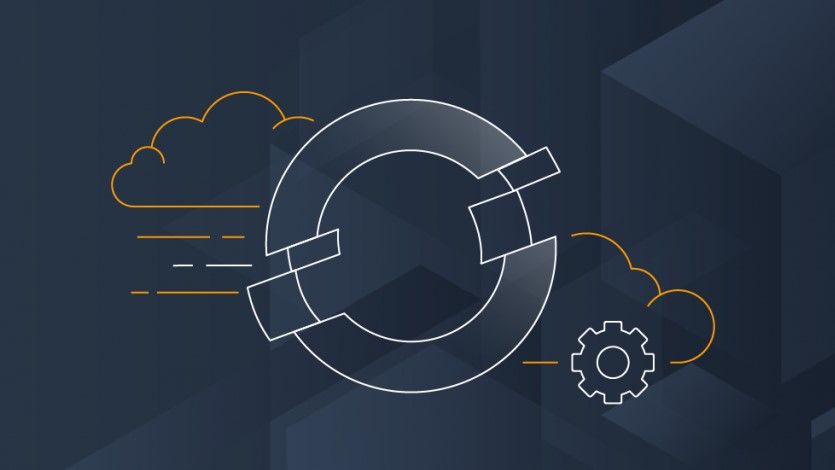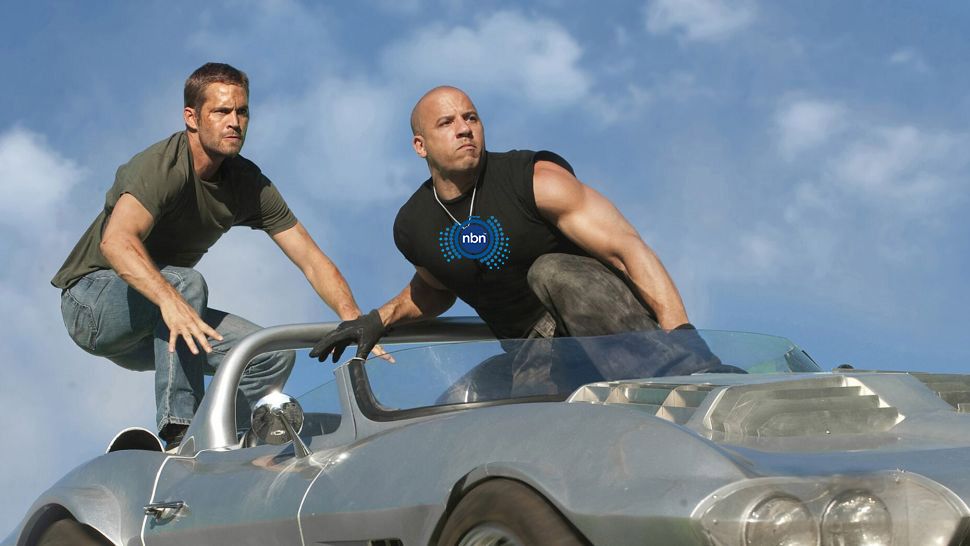Congress questioned Big Tech CEOs for 5 hours without getting any good answers
More than five hours of questioning later, we have learned very little about the state of disinformation from today’s marathon hearing with Mark Zuckerberg, Jack Dorsey and Sundar Pichai. Democrats pushed the CEOs to answer for their platforms’ failing on vaccine misinformation and extremism. Republicans wanted to talk about child safety. Everyone wanted simple “yes” or “no” answers, though few were given. What is clear is that both sides are more than ready to impose new rules on Facebook, Twitter and Google.
The hearing was supposed to be about the platforms’ handling of misinformation and extremism. The issue has taken on a new significance during the coronavirus pandemic and in the wake of the Jan. 6 riot at the US Capitol. “That attack and the movement that motivated it started and was nourished on your platforms,” Rep. Mike Doyle said in his opening statement. “Your platforms suggested groups for people to join, videos they should view and posts they should like — driving this movement forward with terrifying speed and efficiency.”
Doyle and other Democratic lawmakers pushed the executives to admit that their platforms bear some responsibility for the events of Jan. 6. Only Dorsey would acknowledge any. Zuckerberg and Pichai both avoided addressing the question directly, though the Facebook CEO would later admit that his platform had hosted “problematic” content from some of the rioters.
As with other recent hearings, the format made it nearly impossible to extract meaningful answers. Many lawmakers used their allotted five minutes to demand “yes or no” answers, which the executives were reluctant to give. In one particularly , Rep. Anna Eshoo of California was questioning Zuckerberg over Facebook’s algorithms when she interrupted him to point out that “we don’t do filibuster in the House.”
Today I spoke with the CEOs of @Google, @Twitter and @Facebook about how their platforms amplify extremism and enable misinformation to thrive at great costs to society.
These companies are not doing enough to protect their users and our democracy. They must be held accountable. pic.twitter.com/YyNDoBDkS0
— Rep. Anna G. Eshoo (@RepAnnaEshoo) March 25, 2021
“I think it’s irritating all of us and that is, no one seems to know the word yes or the word no, which one is it,” she said. “Congresswoman, these are nuanced issues, “ Zuckerberg said before he was cut off. “Okay, that’s a no,” she said.
Later, Rep. Billy Long took the sentiment a step further, and asked each CEO individually “do you know the difference between ‘yes’ and ‘no.’”
Dorsey, who in his opening statement said that he’d “rather us focus on principles and approaches to address these problems,” seemed to get impatient. During the hearing, he liked a number of tweets, including one that questioned why so many lawmakers seem to be unwilling to learn to pronounce “Pichai.” He also retweeted one that wondered why no one was asking about Twitter’s . Following Long’s questioning, he posted a Twitter poll that simply said “?.” (Dorsey was later sarcastically congratulated on his “multitasking” abilities by Rep. Kathleen Rice.)
As the hearing dragged on, lawmakers began to repeat themselves. Inevitably, when a new issue or angle was raised — like when Rep. David McKinley showed Zuckerberg copies of Instagram posts — the executives had little time to respond in a meaningful way. The result is that the CEOs’ opening statements provided more detail on the issues at hand than anything they were able to say in the five hours that came after them.
This, of course, is nothing new. Over the last couple of years, Congress has convened a number of hearings featuring Big Tech executives, and most of them have played out in a similar fashion. But what’s increasingly clear is that the both sides of the aisle are eager to impose new regulations on tech platforms.
We still don’t know exactly what form those regulations will take but they could come on a number of fronts. President Joe Biden has indicated he supports of Section 230. And both Congress and the White House have signaled an openness to antitrust action against these companies. (In Congress, Rep. David Cicilline has said he wants to pass several bills that would curb the dominance of Big Tech. And Joe Biden has tapped two well-known antitrust scholars for key roles at the and .)
Elsewhere, the Senate could soon bring Dorsey and Zuckerberg back in for yet another hearing on misinformation, algorithms and privacy, Senator Chris Coons recently Politico. And while there’s little reason to believe that another hours-long hearing would give much new insight into those issues, it seems that Congress is intent on forcing the companies to change.
Another idea that was proposed: creating a new federal agency that “would have rule-making authority and real teeth in it to regulate these internet platforms,” as Rep. Doyle told following the hearing. “There’s members on both sides of the aisle that are ready to sit down and talk about what can be put forward, and the same is happening in the Senate too.”


